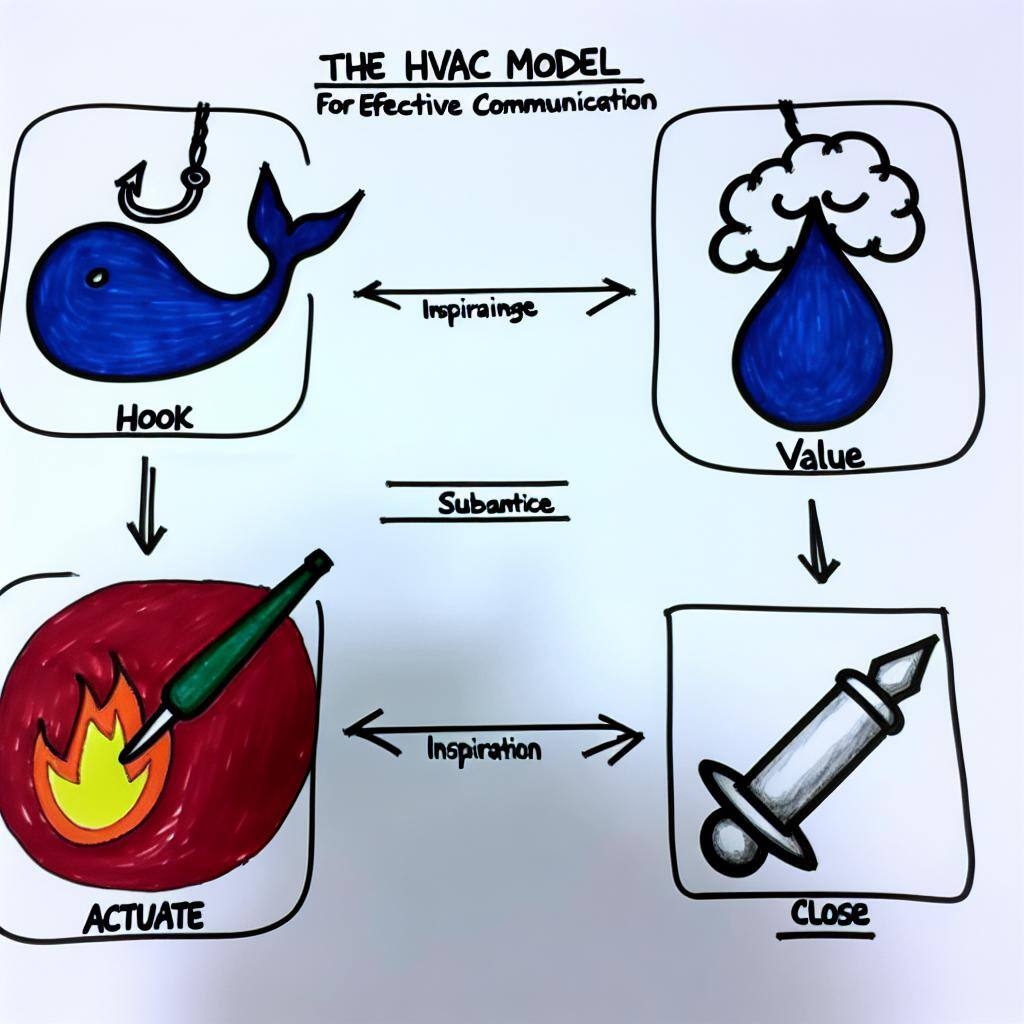

More than ever, we live in a world that never sleeps. The constant hum of “busyness” pervades society. Given this climate, it is time we reassess our approach to managing time and responsibilities. This three-part series explores the transformative potential of prioritization over the hollow badge of busyness. We will discuss embracing deliberate choices to author the narratives of our lives.
“Busy” has become a boast and a complaint wrapped into one default societal response. However, busyness frequently obscures mismanaged priorities or reluctance to acknowledge choices. The chronic busy lifestyle often creates reactivity, constantly playing catch-up rather than directing time.
Prioritization is fundamentally different. It is about composing the melody of your life rather than just playing an instrument. Prioritization requires aligning actions to values and goals through conscious decision-making. It acknowledges all tasks are not equal; some warrant more attention, others warrant none.
At its core, prioritization requires courage to say “no.” Declining certain tasks or engagements demonstrates dedication to what truly matters, not lack of capacity. This shift from scarcity to intentionality is liberating.
Consider managing professional duties, personal growth, and family obligations. Viewed through the busyness lens, these domains conflict and overwhelm. However, through prioritization, it becomes aligning actions to core values – choosing to dedicate best hours to meaningful projects, learning, or quality time with loved ones.
Prioritization’s impact goes beyond personal efficiency, setting an example for quality and depth over quantity and superficiality. It can foster environments, professional and personal, that respect focused engagement. It is more than a time management tool; it is a philosophy for life in which you exercise you freedom and liberty. It is an ongoing exercise in identifying what is truly important and having the fortitude to align your actions accordingly.
As we move forward, let us challenge ourselves to replace the narrative of busyness with a narrative of intentional choice. In doing so, we do not just utilize prioritization and individual sovereignty to manage our time better; we elevate the quality of our lives.
How might your life look different a year from now if you adopt prioritization as your new normal? What first steps can you take today?



